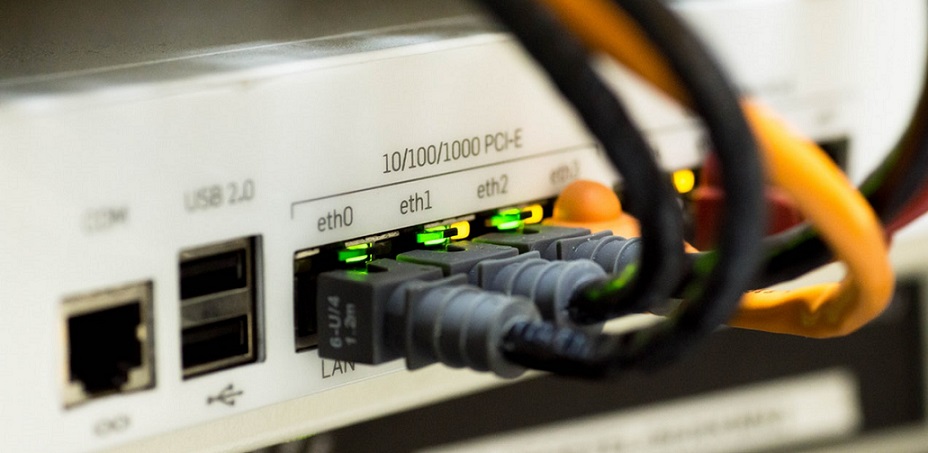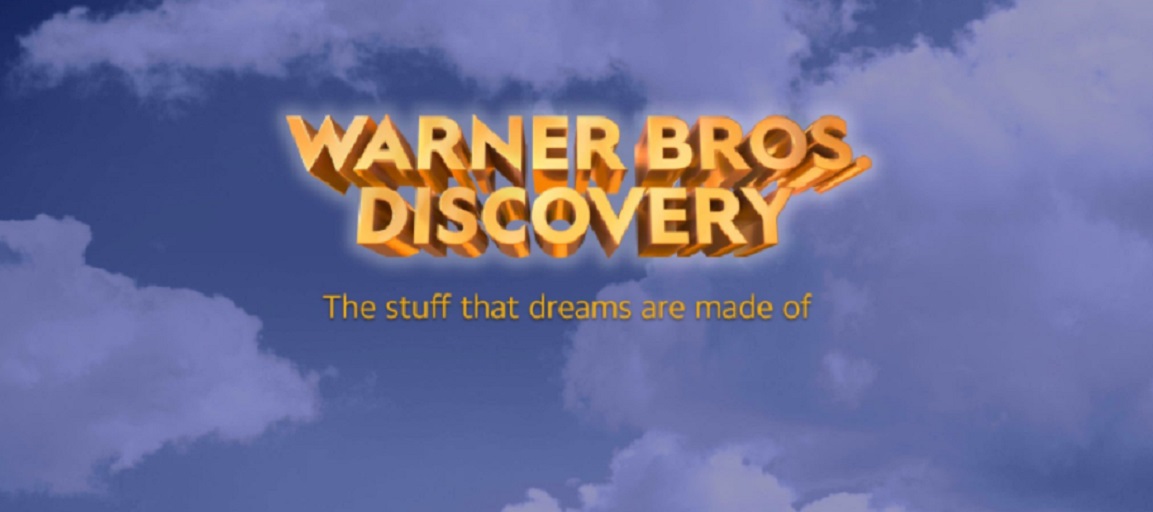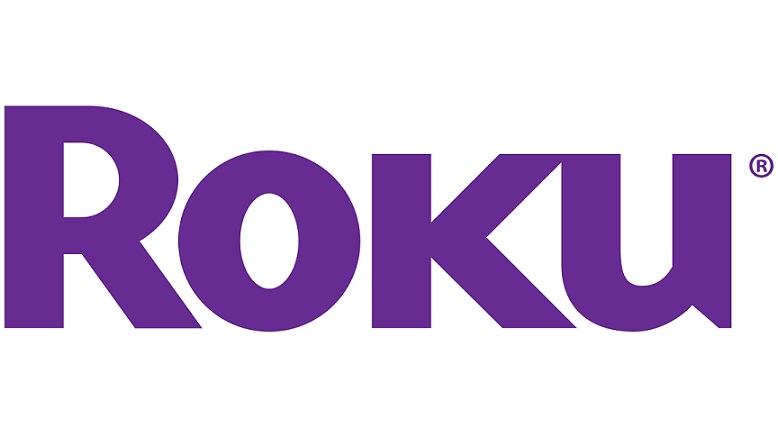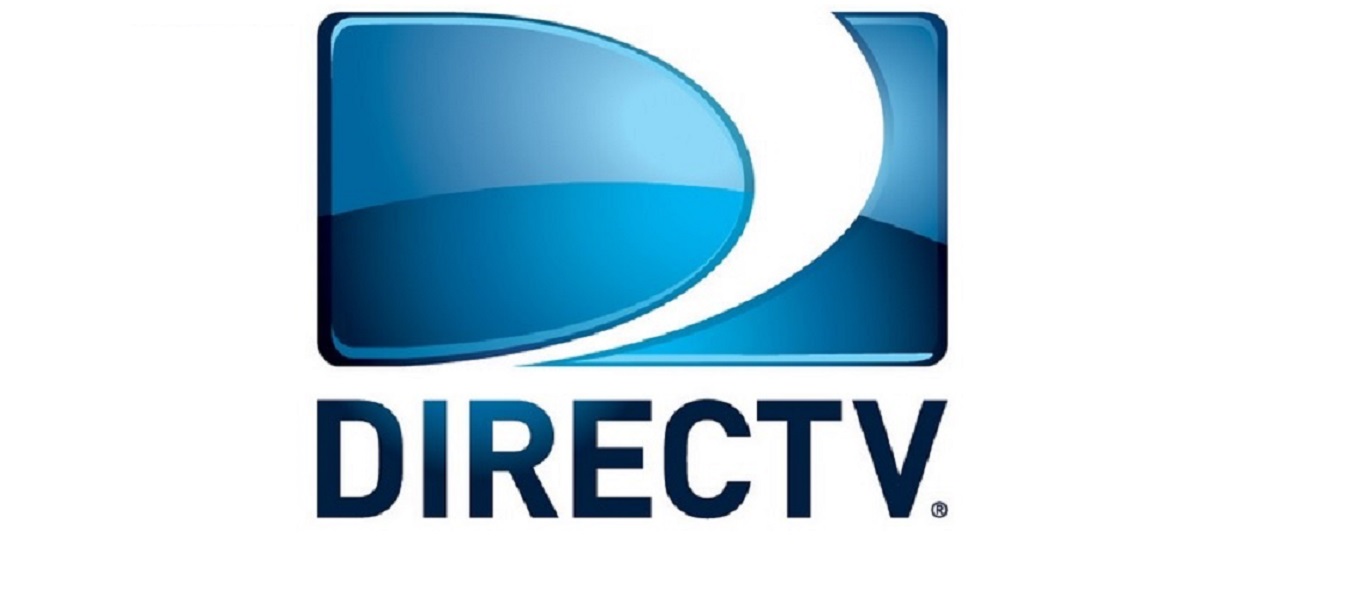According to Gizmodo Comcast has decided that its time to up the Internet speeds to certain markets, but only if you are getting both cable and Internet service from them.
Am I surprised by this? Not really, Comcast is notorious for this type of behavior to squeeze out more money from its customers, I would say this though. If Comcast has decided that it is going to raise the speeds of customers without charging them extra, then those who are customers may be getting more bang for their buck. Perhaps even to the point that they are finally getting a better value!
Will this stop the defection of individuals who are getting rid of Comcast cable TV service and going strictly to Internet only? Absolutely not. I think it might have an impact on how quickly defectors leave. But not very much or for very long. While it’s obvious that your Internet speeds will have an impact on your streaming experience most people who already have Internet service are well above speeds to watch multiple HD movies at the same time.
Here are a few things to consider:
1. When you upgrade your Internet speeds few Wi-Fi routers will go over 50 Mbps download speeds. Those individuals will only notice significantly faster loading times of a Netflix or other streaming media if they are connected to the router via an Ethernet physical connection.
If you currently have 30 Mbps speeds connected to your router via Wi-Fi it’s possible that you won’t notice a video loading faster on your streaming media player unless you have two or three running at the same time.
2. Where Gigabyte speeds really shine at is when you’re downloading, not streaming. While there are similarities on how they each work they both operate differently.
I recently ripped Thor: Ragnarok on Bluray to put onto my Plex Media Server. The size of the movie on my Bluray disc was 22 GB in size and the movie from the opening Marvel logo to the fade to black of the last little post-credit scene was 130 minutes. If Netflix were to play the raw Bluray movie at that quality (they don’t) then the math is pretty simple.
Let’s Have Fun With Math
If you were to download the whole movie with 10 Mbps (my download speed is 12 Mbps) it would take 5 hours 14 minutes and 57 seconds, this is significantly longer then the 2 hours and 10 minutes to watch. But I don’t watch it at full quality. I compress it in much the same way that Netflix does. In my case, after I use Handbrake its just under 2 GB in size, this is what is commonly called “Compression”. It’s common with any video in the broadcast industry.
While working at a TV station you could expect raw video recorded in the studio to be 2 GB per minute. After a live broadcast, the station would often use professional compression software similar to Handbrake that would compress a one hour program down to about 7 GB in size, total. I’ve heard unconfirmed reports that Netflix used to use the standard industry specifications but have compressed their videos even more. I doubt that itit’ss much as I do. I suspect an HD video of Netflix steaming service to be roughly 3 to 4 GB per hour, so Thor would be slightly larger then 8 GB would be a fair bet.
If you could download my copy of Thor from the Internet, it would take you 28 minutes and 37 seconds to download, but you can’t download the movie from my Plex server. You can only stream it from my server. That means that you are only getting little chunks of it at a time just barely fast enough to keep you from buffering. If all things were to work perfectly (they wouldn’t) you could have download speeds of under 3 Mbps to stream videos from my server.
Netflix, by comparison, has much more hard drive space and faster Internet upload speeds then I do, so they can get away with quality much closer to what I was working with at the TV stations. If Thor were to be available their version of the movie would likely be right around 8 GB in size. At that size you could stream the video with speeds slower then 8 Mbps. But Netflix also uses a system where they can change the quality of the stream to give you the best possible quality at the slowest possible speed. My 2 GB video of Thor is still considered HD 1080 quality by every way measurable. Yes, the quality is worse then the quality that you would encounter from the Bluray, but its unlikely to be worse then you would experience from watching on Netflix.
If you have 30 Mbps speeds you can easily handle three or four streaming players playing a Netflix movie without buffering so then you shouldn’t have any major issues with streaming video. If you’re after the 100 Mbps or Gigabyte speeds, make sure that your WiFi router will support those speeds in order to get the full benefit of it, otherwise you’re just wasting the money.






